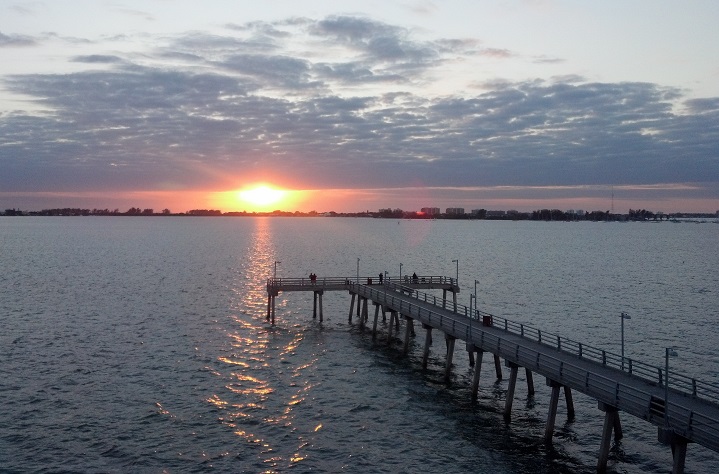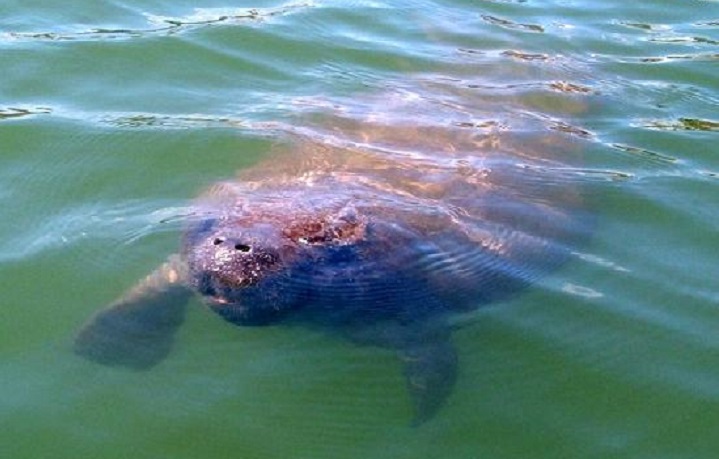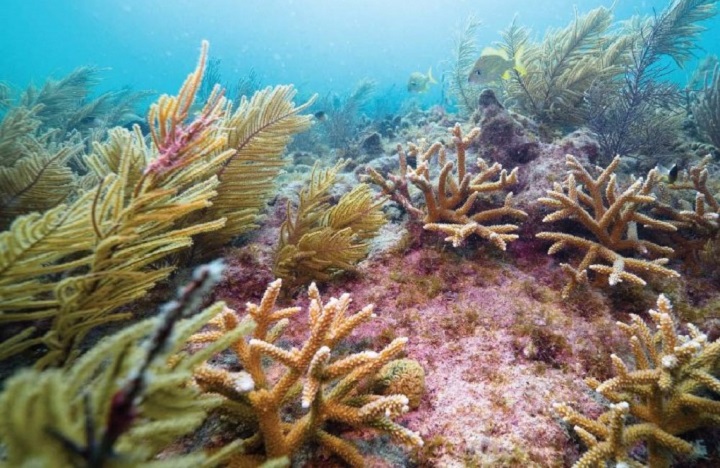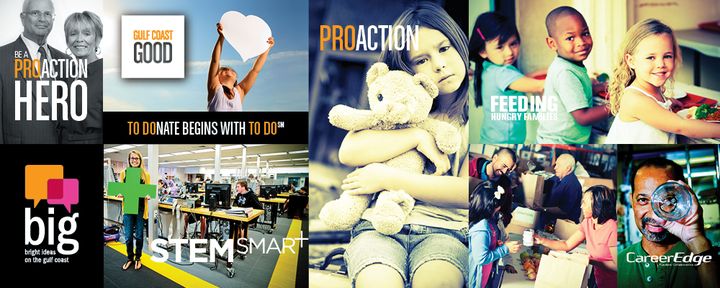
The Gulf Coast of Florida is an incredibly rich and diverse region. In addition to the bounty of the seas - which provides extensive opportunities for locally-sourced seafood and biomedical research - the area and its many bays have incredible potential for tourism, sports, leisure, and marine science. And yet, much of these resources are regrettably underutilized.
For starters, Florida imports far more seafood than it produces. In 2013 alone, roughly $697 million worth of farmed fish and shellfish products were imported into the state, and just $15 million worth of exports were produced locally. What's worse, poverty and underdevelopment are common in the region, with 50% of Sarasota County schoolchildren qualifying for free or reduced-cost lunch programs and at least 21,000 children regularly going hungry.
Hence why the Gulf Coast Community Foundation launched the Gulf Coast Innovation Challenge (GCIC) - a $500,000 incentive competition designed to foster meaningful solutions for helping to protect Florida's oceans while also providing opportunities for jobs, investment and development. By growing the Gulf Coast region's marine-science cluster, the GCCF hopes to develop the most innovative "Blue Economy" in the southeastern US.

Sarasota Bay, Florida, has an estimated value of $11.8 billion in terms of tourism, jobs, recreation, and property. Credit: aroundsarasota.com
According to a new report - entitled "Developing the Blue Economy of Florida's Gulf Coast", which was released in conjunction with the launch of the Innovation Challenge - the Blue Economy includes businesses, institutions, and resources in the areas of aquaculture, fisheries, biomedicine, biotechnology, marine engineering, water quality, coastal ecology, sustainable foods, agritourism, and recreation.
And since the official launch on February 24th, 2015, they have received some rather interesting proposals. With the list of initial entries now narrowed down from the original 44 to 31, the Challenge has entered into the "full application" phase.
As Greg Luberecki - the Director of Marketing and Communications for the Gulf Coast Community Foundation - told HeroX via email, tthe submissions they have received have been largely focused on aquaculture, seafood, and marine technology, but also include promising ideas in the fieds of biomedicine and coastal restoration.
"Aquaculture is certainly the most immediate opportunity for our region," said Luberecki. "We’ve had some recent successes, which we highlighted in our report, and the proposals in that segment could build on them. Biomedicine is another bright spot. Florida has become a magnet for biomedical and life-sciences businesses, and the natural next step is medicine from the sea."

Protecting Florida's biodiversity, which includes the manatee, is a central aim of the GCIC. Credit: tripadvisor.com
But of course, consistent with the goals of the Challenge, much of the submitted ideas have been focused on protecting the natural environment as well. "We’re also seeing a lot of energy around coastal ecology and restoration," he added. "The Challenge is helping to spread an understanding that the health of our bay floors affects everything else, so I’m looking forward to what comes from that."
The initial application stage is now closed, but the participating teams have until June 30 to submit their full applications (i.e. a business plan for their innovative ideas). By July 31st, the Foundations plans to award up to five competing teams with $25,000 grants to prototype their Blue Economy ideas.
Between October and November, the prototyping phase will take place, from which one team will be selected to receive up to $375,000 more in grant funding to fully develop their concept. And while the Challenge has certainly been about mobilizing local communities on the Gulf Coast to effect change, the Foundation is also hoping to tap into the knowledge and expertise of the wider community, not to mention incorporating the ideas of people who may be able to offer a fresh perspective on how Florida's can further develop itself.

Florida's marine biology presents significant opportunities for the development of biomedicine/biotech clusters. Credit: gulfcoast.cf.org
"Both the Challenge and the research are pulling ideas and expertise from beyond our region, and even beyond our state, into it," said Luberecki. "The research study profiles four “best practice” regional cluster initiatives that we can learn from. The Maritime Alliance in San Diego, for example, is a national leader. They’re really doing it. San Diego coalesced quickly around the “Blue Economy” concept. San Diego’s resources are different from ours, but we can certainly gain valuable insight from the Alliance and its executive director.
"Our study also pointed to the St. Petersburg/Tampa marine cluster just north of us. While we have a top marine-research center in Mote Marine Laboratory in Sarasota, we just don’t have the number of institutions that other regions do. So, rather than build new research capacity or try to lure a federal research center, we might want to try connecting with the research organizations in the St. Petersburg area and elsewhere in the state."
Building economies through local initiative, utilizing local resources, and seeking to do so in ways that are sustainable, are all in keeping with the new paradigm of economic development. Whereas in the past, growing the economy and protecting the environment were considered at odds; today, they are rightly recognized as things that can be done simultaneously.
And when positve goals, innovative solutions, and the necessary financial resources come together through crowdsourcing and incentive-based challenges, some amazing things can happen!
Be sure to check out this video from the Gulf Coast Community Foundation as well:








